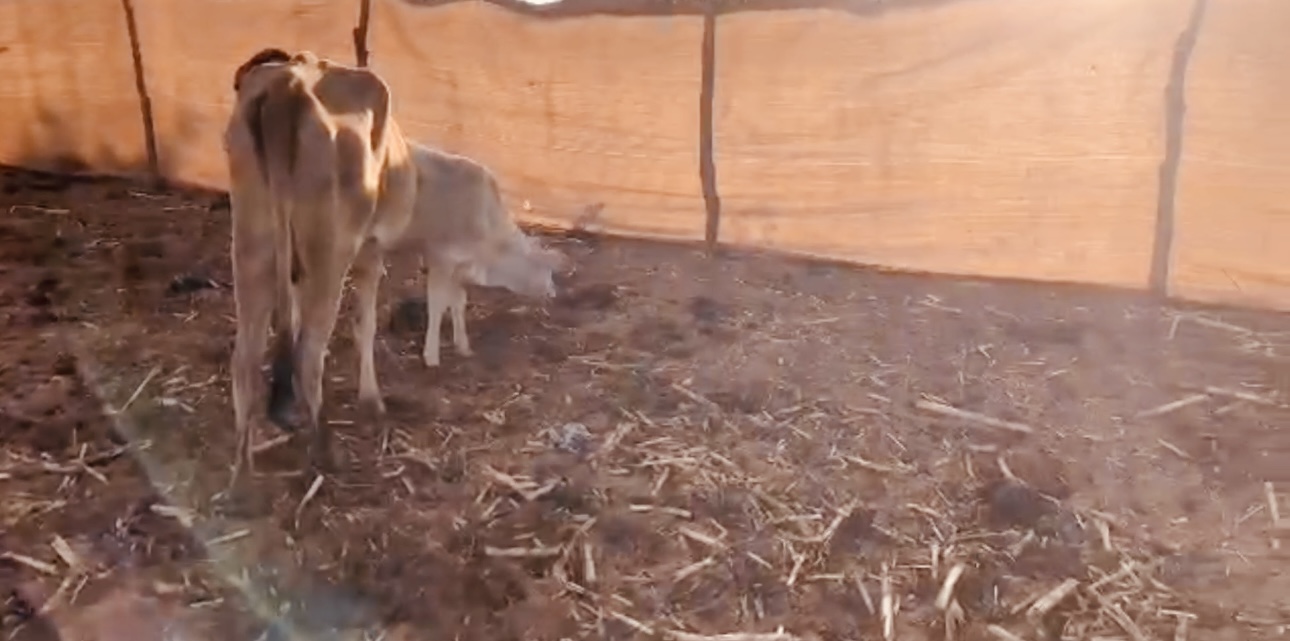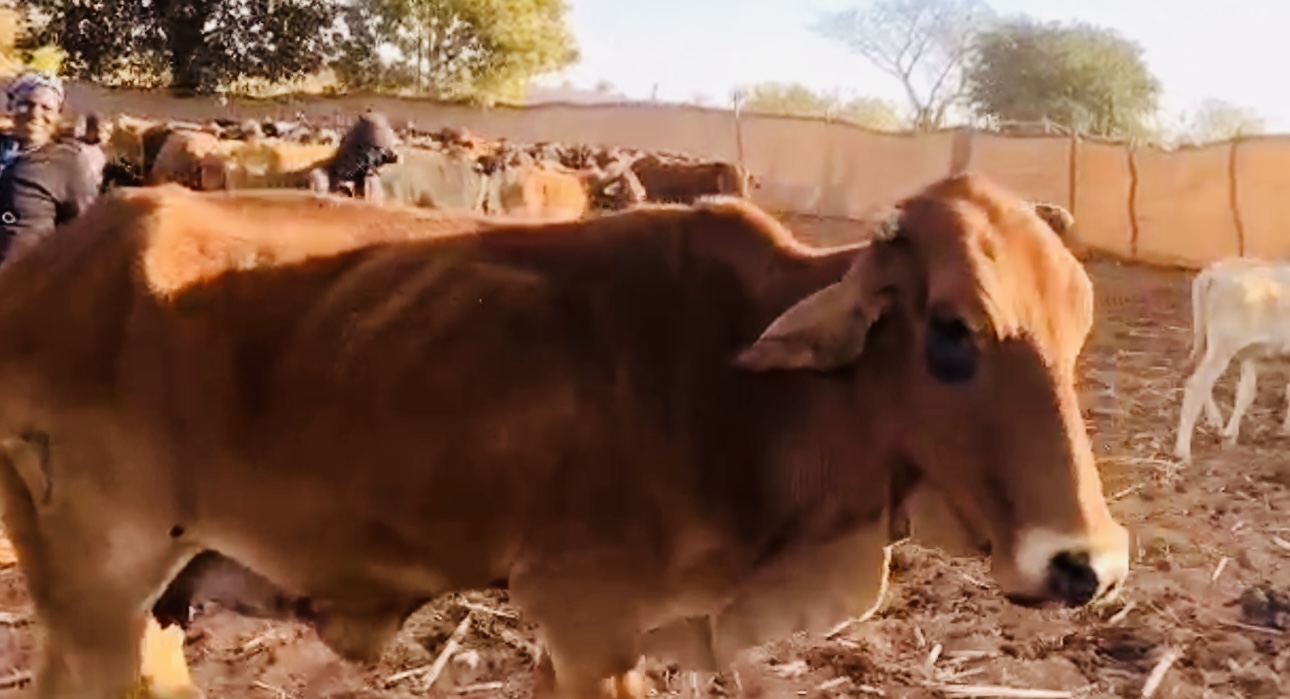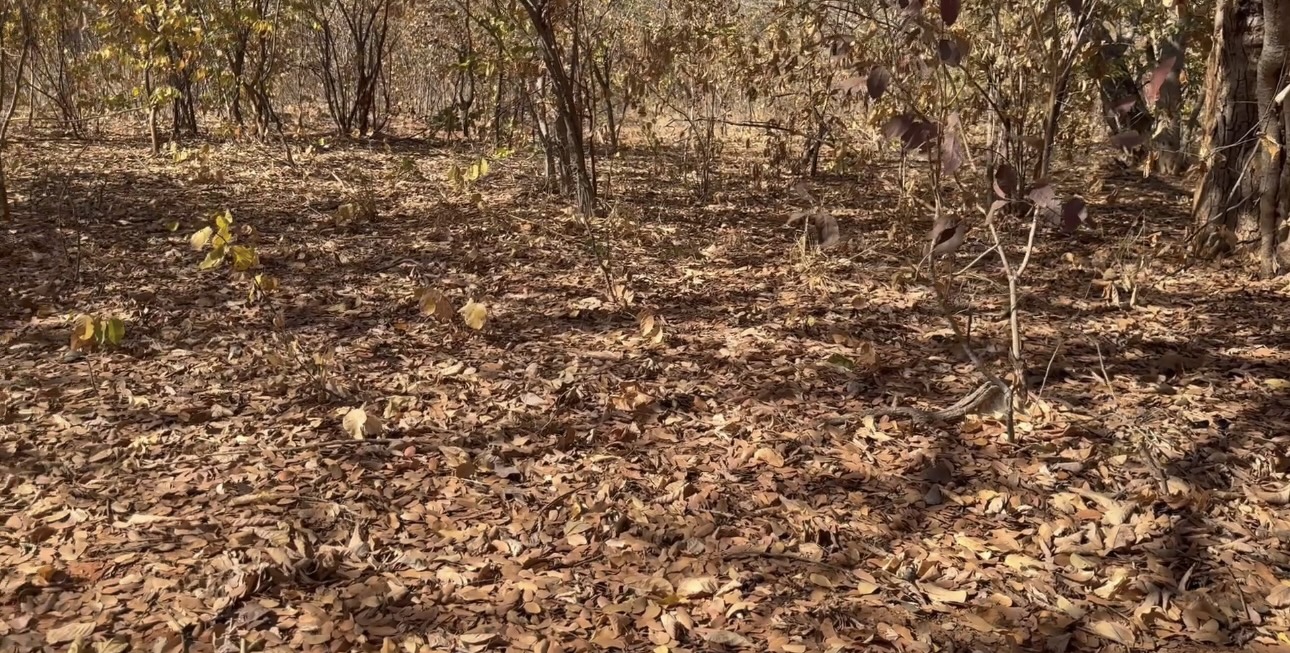BY NOKUTHABA DLAMINI
The climate change crisis has taken a toll on Zimbabwe’s livestock, with 2.5 million cattle at risk due to drought.
In response, the government has established ward drought mitigation centers to provide relief to affected areas.

Minister of Lands, Agriculture, Fisheries, Water, and Rural Resettlement, Anxious Masuka, explained during the National Assembly meeting of July 23 that the centers will provide water, pastures, and supplementary feeding for livestock.
The government has also banned household-based cattle sales to prevent panic selling and ensure fair prices for farmers.
However, some MPs raised concerns about the practicality of the government’s plan, citing the lack of dip tanks and the risk of overcrowding and disease transmission at the sales points. Masuka assured the House that the government has 4 009 dip tanks and is working to ensure that each ward has access to a dip tank.
The minister also emphasized the importance of community involvement in selecting the ward drought mitigation centers, saying that existing dip tanks with sales facilities will be prioritized.
While the government’s efforts are commendable, some MPs expressed skepticism about the effectiveness of the plan. Shakespeare Matambo questioned the accuracy of the minister’s statistics, while Tafanana Zhou raised concerns about the spread of diseases among livestock.
As the climate change crisis continues to affect Zimbabwe’s livestock, the government’s response will be crucial in mitigating its impact. The establishment of ward drought mitigation centers is a step in the right direction, but the government must ensure that the plan is practical and effective in addressing the needs of affected communities.
Questions and Concerns
– How will the government ensure that the ward drought mitigation centers are accessible to all affected areas?
– What measures will be put in place to prevent overcrowding and disease transmission at the sales points?
– How will the government address the concerns of farmers who may be forced to sell their cattle at low prices?
– What is the government’s plan to provide long-term solutions to the climate change crisis and its impact on livestock?
Quotes
– “We have 4 009 dip tanks in this country. We obviously have more dip tanks per ward, depending on the ward.” – Masuka
– “I am shocked, is what he is talking about practical? If he says dip tanks are the selling points, how many thousands of dip tanks are there in this country?” – Hamauswa
– “We are banning all household-based cattle sales, ban all village-based cattle sales so that the cattle sales can now take place at these ward drought mitigation centers on designated calendar days that are advertised in advance.” – Masuka
– “What is happening ordinarily is that the buyer goes to your household asking to buy cattle and they negotiate with you on a household and buyer basis. That reduces your negotiating capabilities as an individual.” – Masuka

 Slider3 years ago
Slider3 years ago
 National4 years ago
National4 years ago
 Tourism and Environment4 years ago
Tourism and Environment4 years ago
 Opinion4 years ago
Opinion4 years ago
 Special reports4 years ago
Special reports4 years ago
 National4 years ago
National4 years ago
 National3 years ago
National3 years ago
 National3 years ago
National3 years ago





